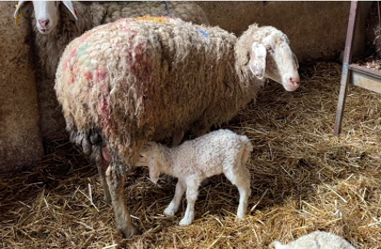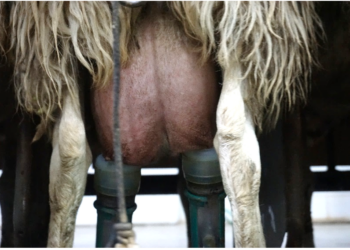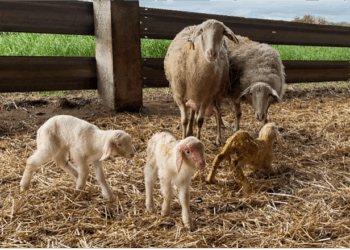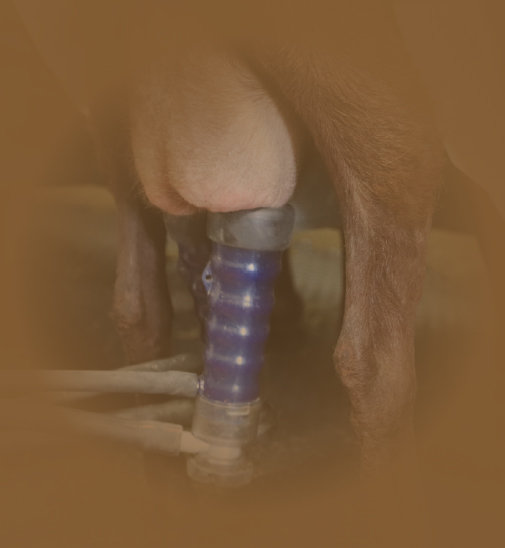Important points
Due to the action of their toxins, Clostridia can cause very different pathologies in ruminants, such as sudden death, gangrene, haemorrhagic diarrhoea, paralysis, etc.
Clostridia are a major cause of death and economic losses on farms.
The most effective prevention and control measure is vaccination, as we cannot fully control the disease just by reducing the predisposing factors.
Due to its high impact, it is recommended to always include vaccinations against Clostridia in the prophylactic programmes of the farm.
These vaccines should include a broad spectrum of protection, but should mainly include the most common species in the region or farm so that the levels of circulating antigens are optimal and protect against the most frequent diseases in the herd.
Clostridial vaccines are usually toxoid-based, so the antibodies will be against the toxins they produce.
Vaccination protocols
Although clostridia are ubiquitous, there are stages in an animal’s life or times of the year when there is a higher risk of suffering the disease. For example, Cl. perfringens often affects very young animals due to dysbiosis in the digestive tract; or Cl. septicum, which can cause more problems in winter when animals graze frozen grass.
For this reason, there are key moments to vaccinate against clostridia, as is the case with prepartum vaccination. By vaccinating ewes 3-4 weeks before lambing, maternal antibodies will be passed to the lambs via the colostrum.

If it is not possible to carry out a prepartum protocol, there are vaccines on the market that allow vaccination from the first week of life. This way the lambs will also be protected.
After the primary vaccination, it is recommended to administer a booster dose at least annually, although it may be necessary to do so more frequently, depending on the circumstances.
Another important point is that clostridial diseases often appear as outbreaks affecting many animals. When this happens, emergency vaccination is an effective tool to protect the animals. Therefore, vaccines that allow this protocol will help reduce the outbreak’s economic impact.
Vaccination during an outbreak will protect healthy animals and prevent new cases.
Conclusions
– Clostridia cause heavy losses in unvaccinated herds.
– Multivalent vaccines covering the clostridia present on the farm should be used.
– Defining a good vaccination plan is the key to success.
Article written by:
David Raimundo Crespo. Global Product Manager, Small Ruminants Franchise – HIPRA
Tania Peralvarez Puerta. Global Product Manager, Small Ruminants Franchise – HIPRA




